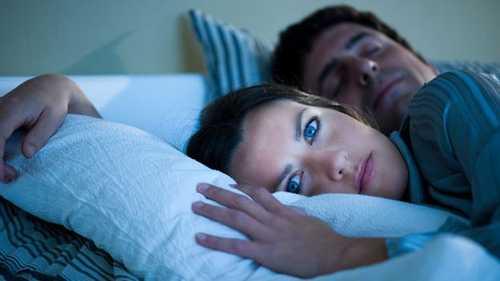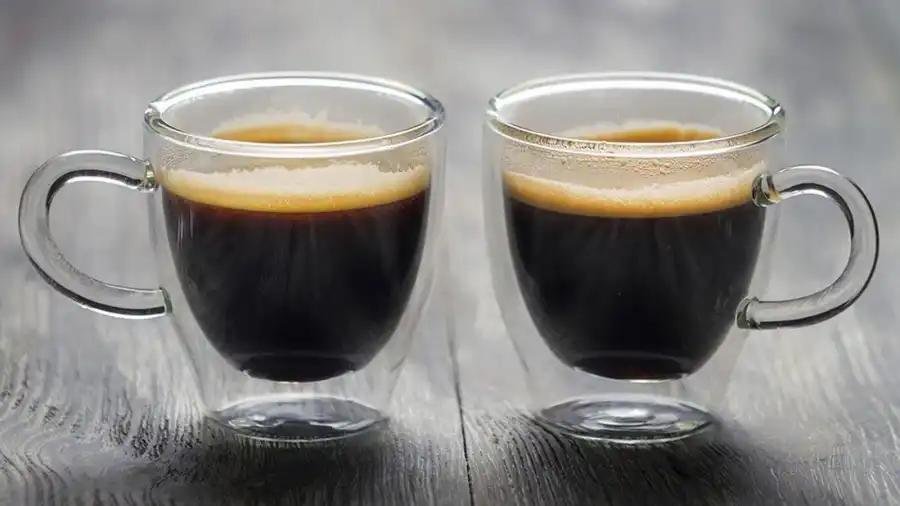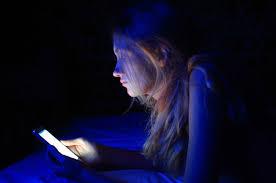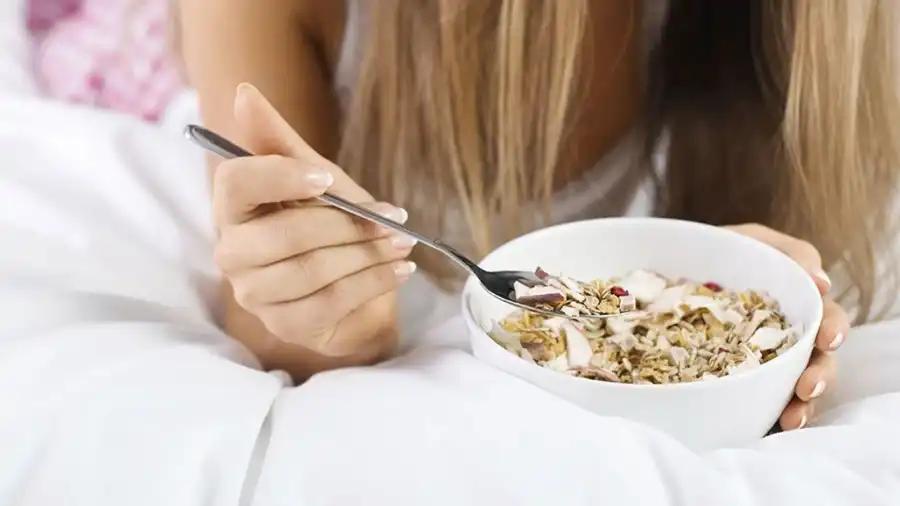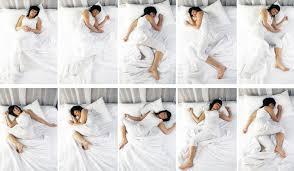Explore the World's Best Ideas
Join today and uncover 100+ curated journeys from 50+ topics. Unlock access to our mobile app with extensive features.
Avoiding caffeine
Don't drink caffeine after dark. If you have your last coffee in the early afternoon, most of the caffeine will have been flushed out of your body by 11pm.
Although avoiding coffee or tea within 6 hours of going to bed will make it much easier to drop off, it is unclear whether there are any benefits to abstaining outside that time period.
121
1.77K reads
Sleeping diary
Keeping a sleep diary of your activity before bed, which helps to ensure you avoid the worst triggers.
You should avoid doing anything strenuous or stressful within a few hours of sleep time
137
1.96K reads
Reading devices
Many e-readers are backlit with blue frequencies of light, which can fool the brain into thinking that it’s still daytime.
Reading on these devices for a few hours before bed seems to suppress melatonin (the sleep hormone) and therefore makes it harder to doze off, compared to a traditional paperback. The same goes for tablets, MP3 players and smartphones.
126
1.65K reads
“Slumber-foods”
Meals high in carbohydrates and protein (especially oily fish), but low in fat, show moderate benefits to overall sleep duration and quality, **provided they are eaten at least 1 hour before you plan to sleep.**
143
1.69K reads
Changing sleeping positions
Many restless nights can be linked to sleep apnoea – a condition linked to snoring, in which the airways becomes constricted when you are unconscious.
There are several causes, but some cases may be easily solved by switching from lying on your back, to sleeping on your front or side.
116
1.73K reads
IDEAS CURATED BY
Journee R.'s ideas are part of this journey:
Learn more about health with this collection
The benefits of a bedtime routine
How to improve your sleep quality
How to create a relaxing sleep environment
Related collections
Similar ideas
Read & Learn
20x Faster
without
deepstash
with
deepstash
with
deepstash
Personalized microlearning
—
100+ Learning Journeys
—
Access to 200,000+ ideas
—
Access to the mobile app
—
Unlimited idea saving
—
—
Unlimited history
—
—
Unlimited listening to ideas
—
—
Downloading & offline access
—
—
Supercharge your mind with one idea per day
Enter your email and spend 1 minute every day to learn something new.
I agree to receive email updates
